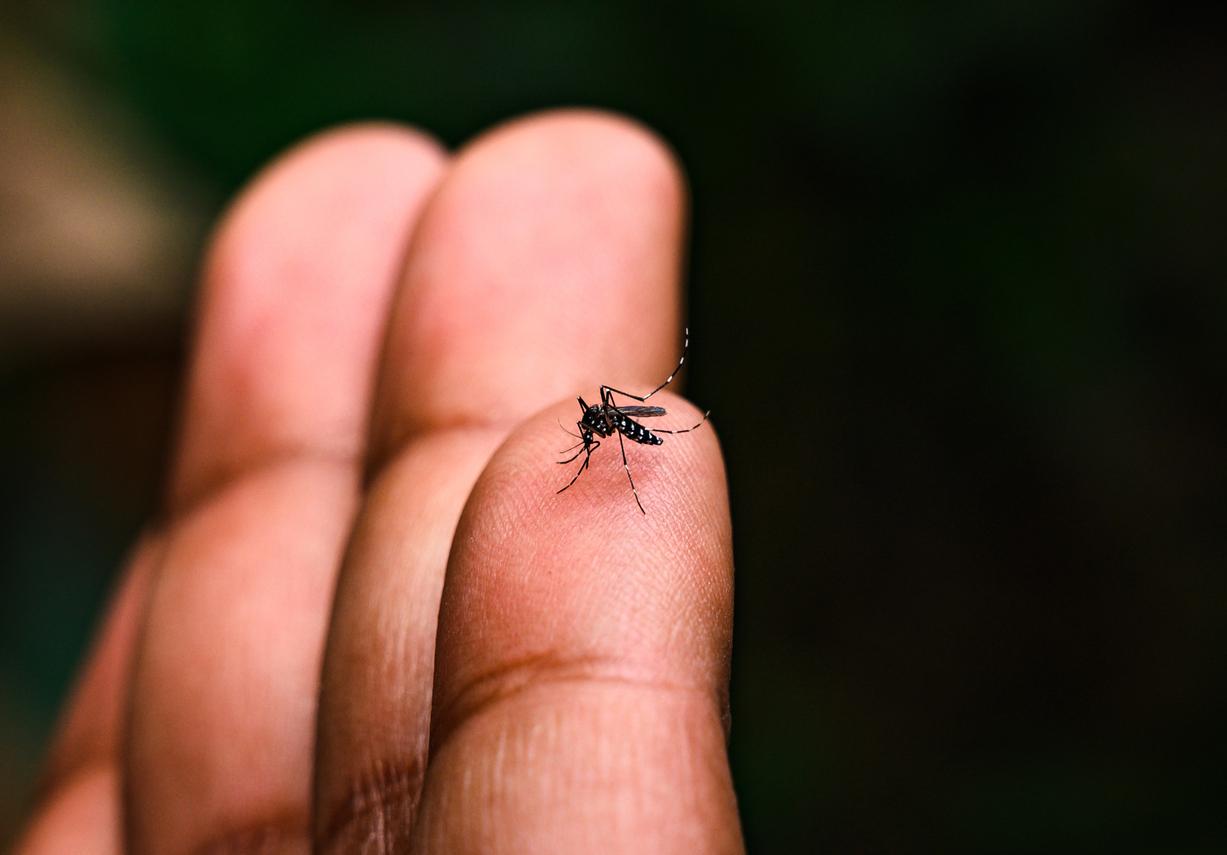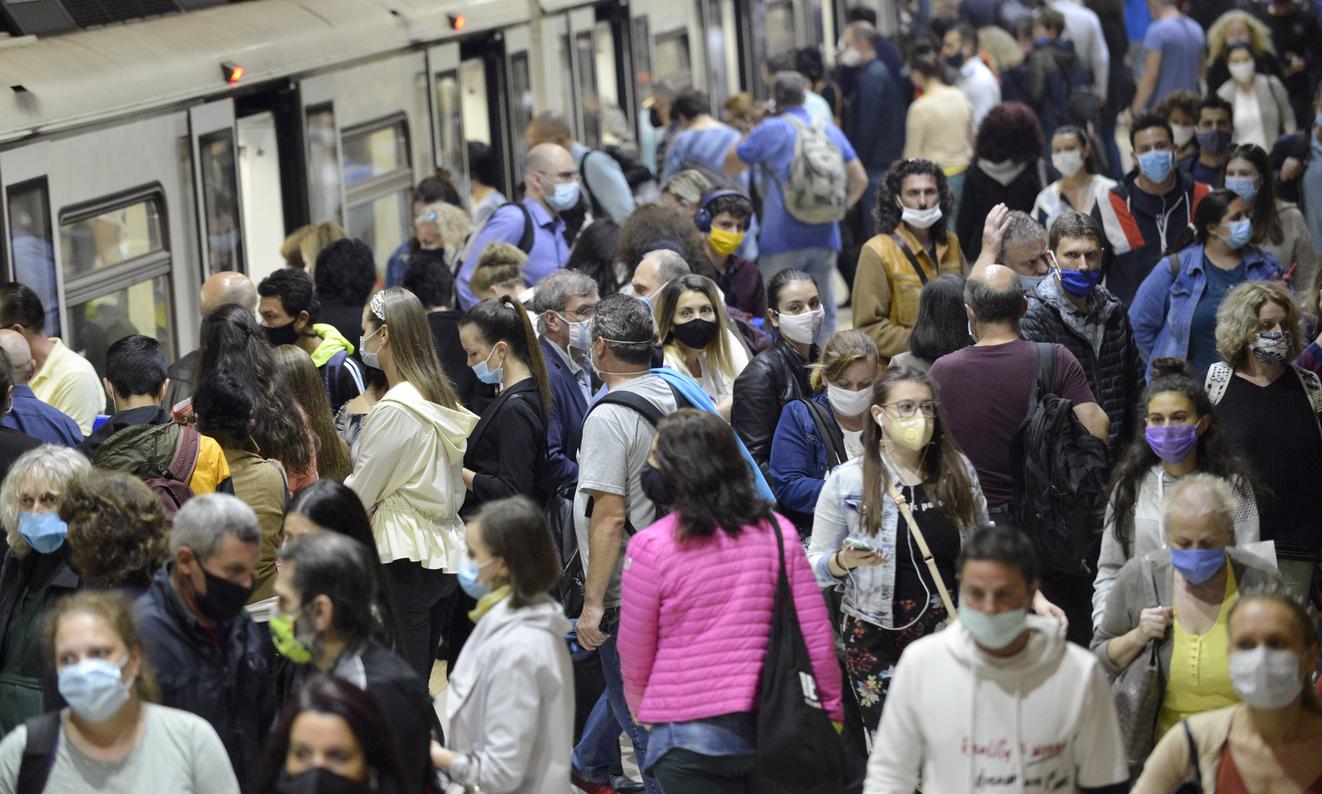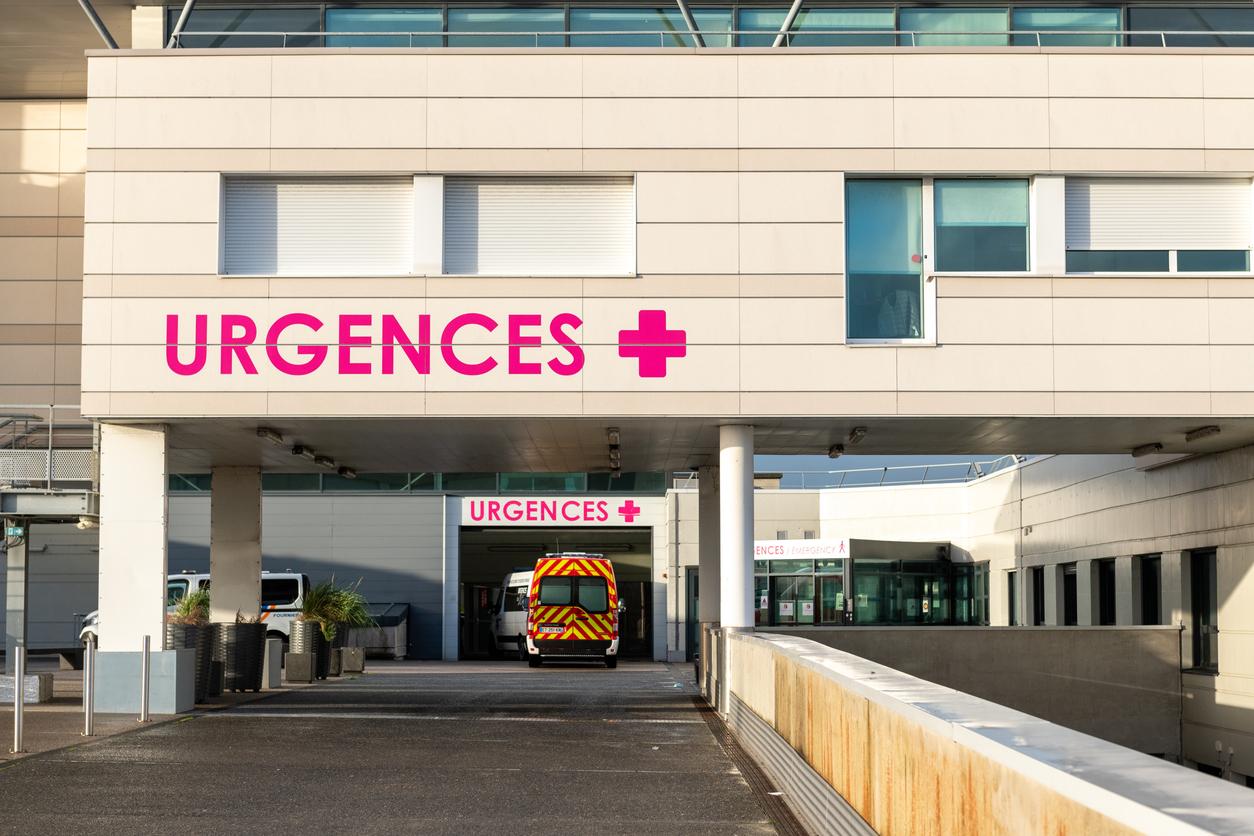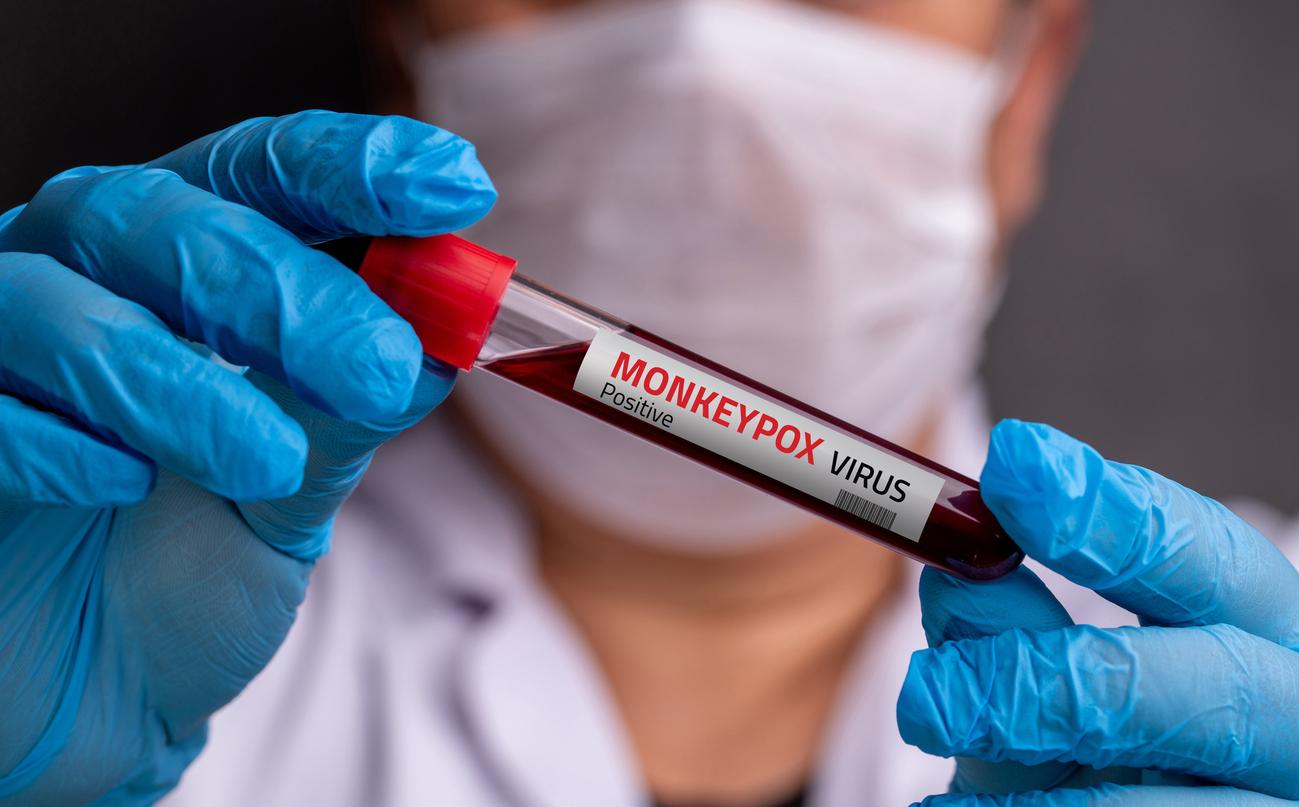Tested on an experimental basis since May 2018 in the Democratic Republic of Congo, the mAb114 treatment against Ebola has proven to be safe, well tolerated and easy to administer.
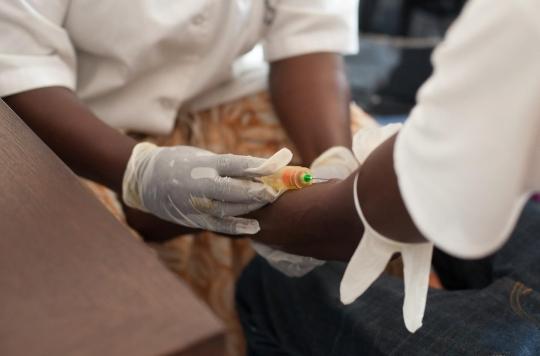
While the Democratic Republic of Congo (DRC) has been experiencing its tenth Ebola virus epidemic since the 1970s since August, an encouraging study has just been published in The Lancet.
This is the conclusion of an early stage clinical trial which has proven its effectiveness on subjects who received it on an experimental basis in the DRC.
A well-tolerated and easy-to-administer treatment
Called mAb114, this new treatment was administered to 18 healthy adults in a Phase 1 clinical trial conducted at the National Institutes of Health (NIH) Clinical Center in Bethesda, Maryland. It is now being offered to patients with Ebola virus disease in the Democratic Republic of the Congo under compassionate use and in a Phase 2/3 clinical trial of several investigational treatments.
The particularity of mAb114 is that it is a single monoclonal antibody, that is to say an antibody derived from a single and same strain of lymphocytes. A monoclonal antibody has a unique specificity for a single antigen, which binds to the main surface protein receptor of the Zaire Ebaïavirus virus: this action thus prevents the virus from infecting human cells. Scientists have successfully isolated the antibody from a human survivor of the 1995 Ebola outbreak in Kikwit, DRC. Previous studies have shown that mAb114 can protect monkeys against fatal disease caused by Ebola virus when administered up to five days after infection.
Participants in the Phase 1 clinical trial received a single intravenous infusion of mAb114, administered over approximately 30 minutes. Three participants received a dose of 5 milligrams (mg)/kilogram (kg), 5 received a dose of 25 mg/kg and finally 10 participants received a dose of 50 mg/kg. All infusions were well tolerated. Four participants reported mild side effects, such as discomfort, muscle or joint pain, headache, nausea and chills, within three days of the infusion.
As expected by the scientists, mAb114 levels in the blood increased as the dosage increased. The researchers also observed relatively uniform levels of uptake, distribution and elimination of mAb114 among the participants.
For the authors of the study, the deployment of the mAb114 treatment in an epidemic situation has many advantages, including the ease and speed of its administration, as well as its formulation in the form of a lyophilized powder that does not require storage in a freezer. . The powder is reconstituted with sterile water and added to a saline solution for administration.
“Pharmaceutical tools alone are not enough to stop an Ebola outbreak”
For the moment, no date has been given for a possible availability of the mAb114 treatment to the Congolese population. In an interview with the site SciDev.Net, Annick Antierens, strategic medical advisor to Médecins Sans Frontières (MSF) believes that “pharmaceutical tools alone are not enough to stop an Ebola epidemic”. It is also necessary to continue in the field the work of raising awareness among populations at risk, to search for sick people to avoid new contaminations and to provide support for regular health care other than that directed towards Ebola.
A reservation shared by Jean-Jacques Muyembe, director of the National Institute for Biomedical Research (INRB) in Kinshasa and co-discoverer of the Ebola virus. “We will have won a battle, but not yet the war, which is on the horizon: convincing our peers and working together to improve this therapy against the Ebola virus.”
.










